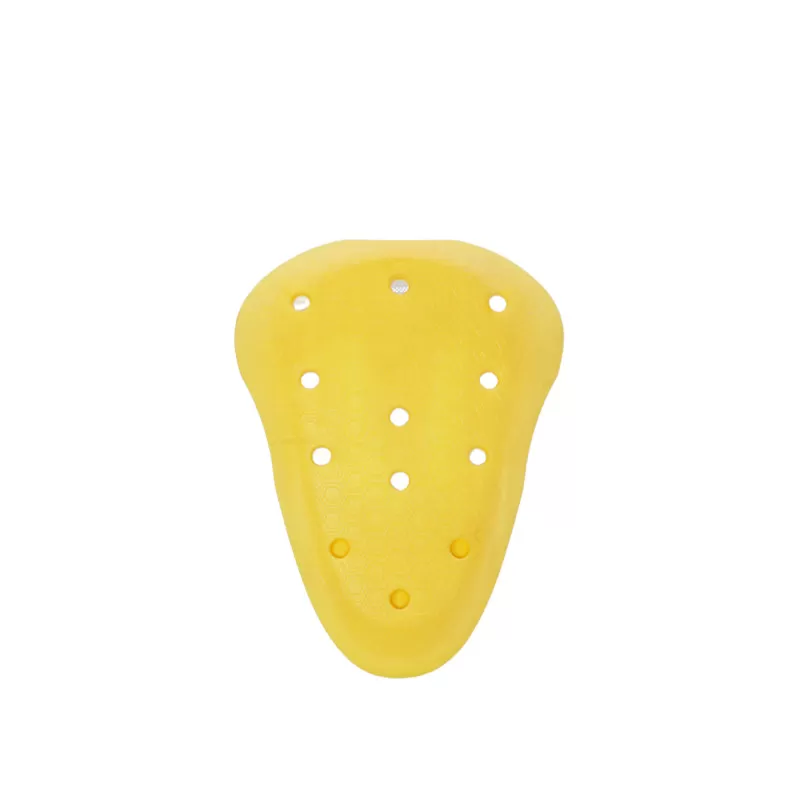When should I wear tailbone pads?
Welcome to our in-depth exploration of the pivotal question: When should I wear a tailbone pad? In the realm of sports, safety is paramount, and the tailbone, a vulnerable part of our anatomy, demands special attention. In this comprehensive guide, we will unravel the mysteries surrounding tailbone pads, shedding light on their importance, applications, and the scenarios in which they become indispensable.
Before delving into the intricacies of when to wear a tailbone pad, it's crucial to comprehend the potential risks associated with tailbone injuries. The tailbone, or coccyx, is particularly susceptible to damage during physical activities such as sports or workouts. A fall or impact on the lower back can result in painful bruising or fractures. Understanding these risks underscores the significance of protective measures, with tailbone pads emerging as a frontline defense.
Tailbone Pads: An Overview
What are Tailbone Pads?
Tailbone pads, also known as coccyx protectors, are specialized gear designed to safeguard the tailbone from impact-related injuries. Constructed with advanced materials, these pads provide a cushioning barrier between the tailbone and external forces, reducing the risk of trauma.
Types of Tailbone Pads
Foam Inserts: These lightweight pads offer flexibility and comfort, ideal for various sports activities.
Hard Shell Pads: Featuring a rigid outer layer, these pads provide enhanced protection, making them suitable for high-impact sports like hockey or snowboarding.
Gel-Filled Pads: Known for their shock-absorbing properties, gel-filled pads adapt to the body's contours, ensuring optimal protection.
When to Wear Tailbone Pads
High-Impact Sports
For enthusiasts engaged in high-impact sports such as hockey, skiing, or skateboarding, wearing tailbone pads is non-negotiable. The risk of falls and collisions in these activities makes protective gear, including tailbone pads, a vital component of the athlete's arsenal.
Gym Workouts
Even in the seemingly controlled environment of a gym, the potential for accidents is ever-present. Incorporating tailbone pads into your workout routine becomes essential, especially during exercises that involve lifting weights or performing movements that may put strain on the lower back.
Outdoor Activities
Whether you're an avid cyclist or a hiker navigating uneven terrains, the unpredictability of outdoor activities necessitates proactive protection. Tailbone pads offer a discreet layer of defense, ensuring that your outdoor adventures remain injury-free.
Choosing the Right Tailbone Pad
The effectiveness of a eude foam tailbone pad lies not only in its application but also in choosing the right type for your specific needs. Consider the following factors:
Fit and Comfort
Opt for a tailbone pad that snugly fits your body contours without compromising comfort. A well-fitted pad ensures optimal protection without hindering your range of motion.
Activity-Specific Features
Different sports demand different levels of protection. Assess the features of the tailbone pad, such as impact resistance and flexibility, to align with the requirements of your chosen activity.
Durability
Invest in a durable tailbone pad that withstands repeated use. Quality materials and construction contribute to the longevity of the pad, ensuring sustained protection over time.
In conclusion, the question of when to wear a tailbone pad transcends specific scenarios, encompassing a broad spectrum of physical activities. Prioritizing safety through the incorporation of tailbone pads is not just a precaution; it's a proactive measure to safeguard against potential injuries. Whether you're an athlete, fitness enthusiast, or someone who enjoys outdoor pursuits, the right tailbone pad can be the unsung hero in your quest for injury prevention.

Comments
Post a Comment